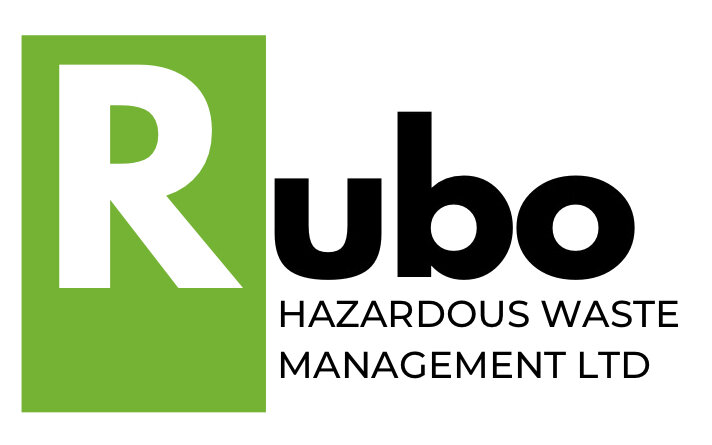Unravelling Sustainability: A Deep Dive into DEFRA's Waste Hierarchy Guidance
In the realm of responsible waste management, DEFRA's guidance on applying the Waste Hierarchy stands as a guiding light, illuminating a path towards a more sustainable future. This blog post is an exploration of the profound intersection of waste management and environmental stewardship, as outlined by DEFRA's guidelines. Join us as we uncover the layers of the Waste Hierarchy, its significance, and its implications for businesses, ecosystems, and the planet at large.
Navigating the Waste Hierarchy: A Sustainable Approach:
DEFRA's Waste Hierarchy presents a strategic framework to prioritize waste management options based on their environmental impact. This hierarchy lays the foundation for businesses to make informed decisions that align with sustainable practices, resource efficiency, and circular economy principles.
Key Tenets of the Waste Hierarchy:
Prevention: At the pinnacle of the hierarchy, waste prevention reigns supreme. It encourages businesses to minimize waste generation by adopting practices that reduce consumption and promote reusability.
Reuse and Recycling: The next tiers emphasize reusing products and materials and promoting recycling as means to divert waste from landfills, conserve resources, and reduce energy consumption.
Recovery: Energy recovery from waste and the conversion of waste into useful products find their place in this tier, offering alternatives that contribute to renewable energy sources and material reintegration.
Disposal: Landfill and incineration without energy recovery, located at the base of the hierarchy, are considered the least preferred options due to their environmental impact.
Upholding Environmental Stewardship and Circular Economy:
The Waste Hierarchy transcends mere waste management; it signifies a commitment to environmental stewardship and the principles of a circular economy. By adhering to this hierarchy, businesses embrace resource efficiency, minimize pollution, and contribute to a sustainable future.
Championing Sustainable Practices:
Reduced Environmental Impact: Implementing the Waste Hierarchy aligns businesses with responsible practices that minimize environmental harm and promote the conservation of valuable resources.
Ethical Responsibility: By adopting sustainable waste management practices, businesses showcase their ethical responsibility to protect ecosystems and future generations.
Circular Economy Advancement: Embracing the hierarchy contributes to the advancement of the circular economy, where waste becomes a valuable resource for future use.
Our Commitment to Sustainability:
At Rubo - Hazardous Waste Management Ltd, we align our practices with DEFRA's Waste Hierarchy to champion sustainability in waste management. We're dedicated to guiding businesses towards responsible choices that echo our commitment to a greener, cleaner world.
Guiding Businesses Towards Sustainable Choices:
For those seeking guidance on navigating the Waste Hierarchy, our expertise is at your disposal. Contact us for insights that bridge the gap between waste management and environmental responsibility.
